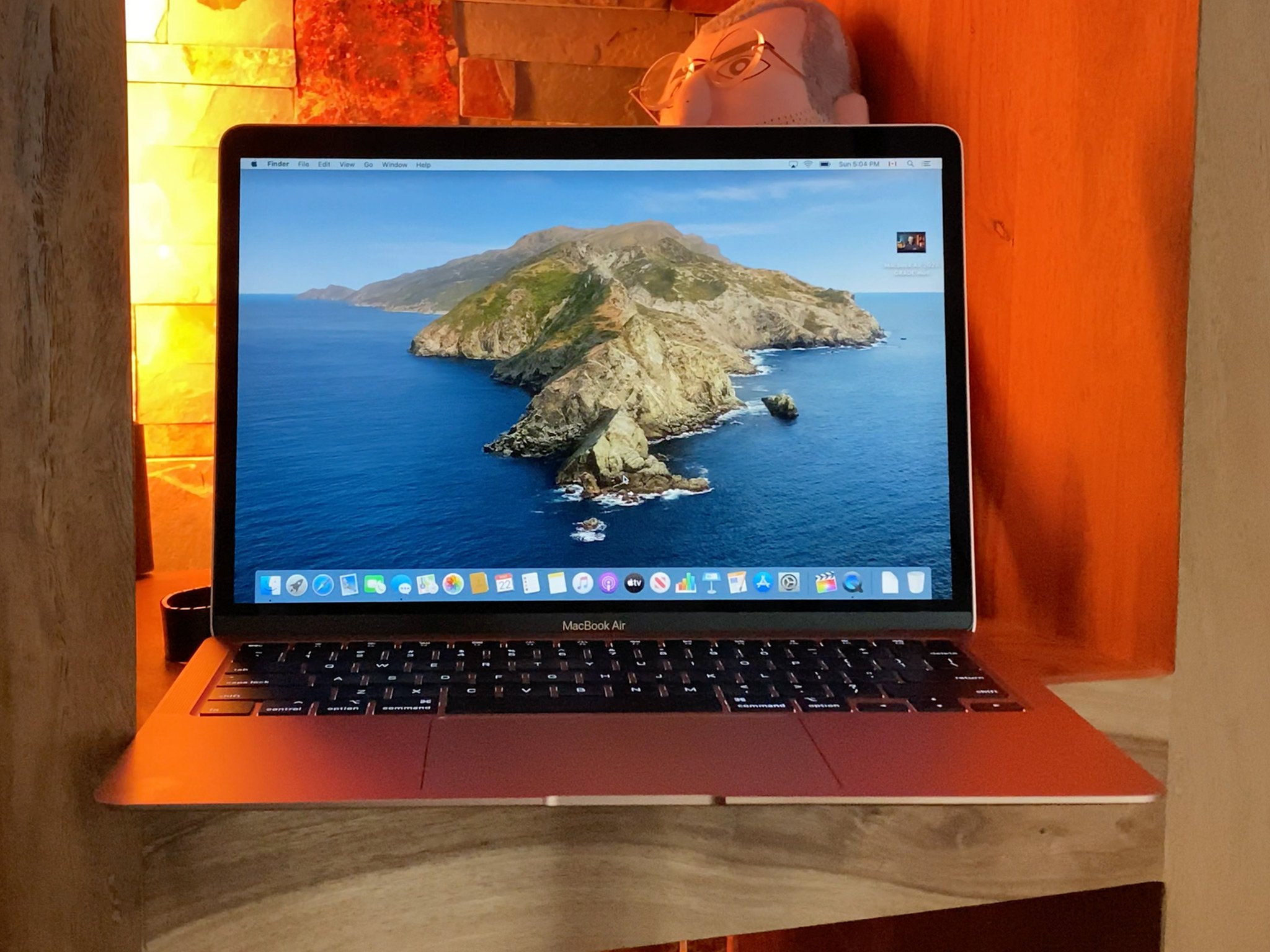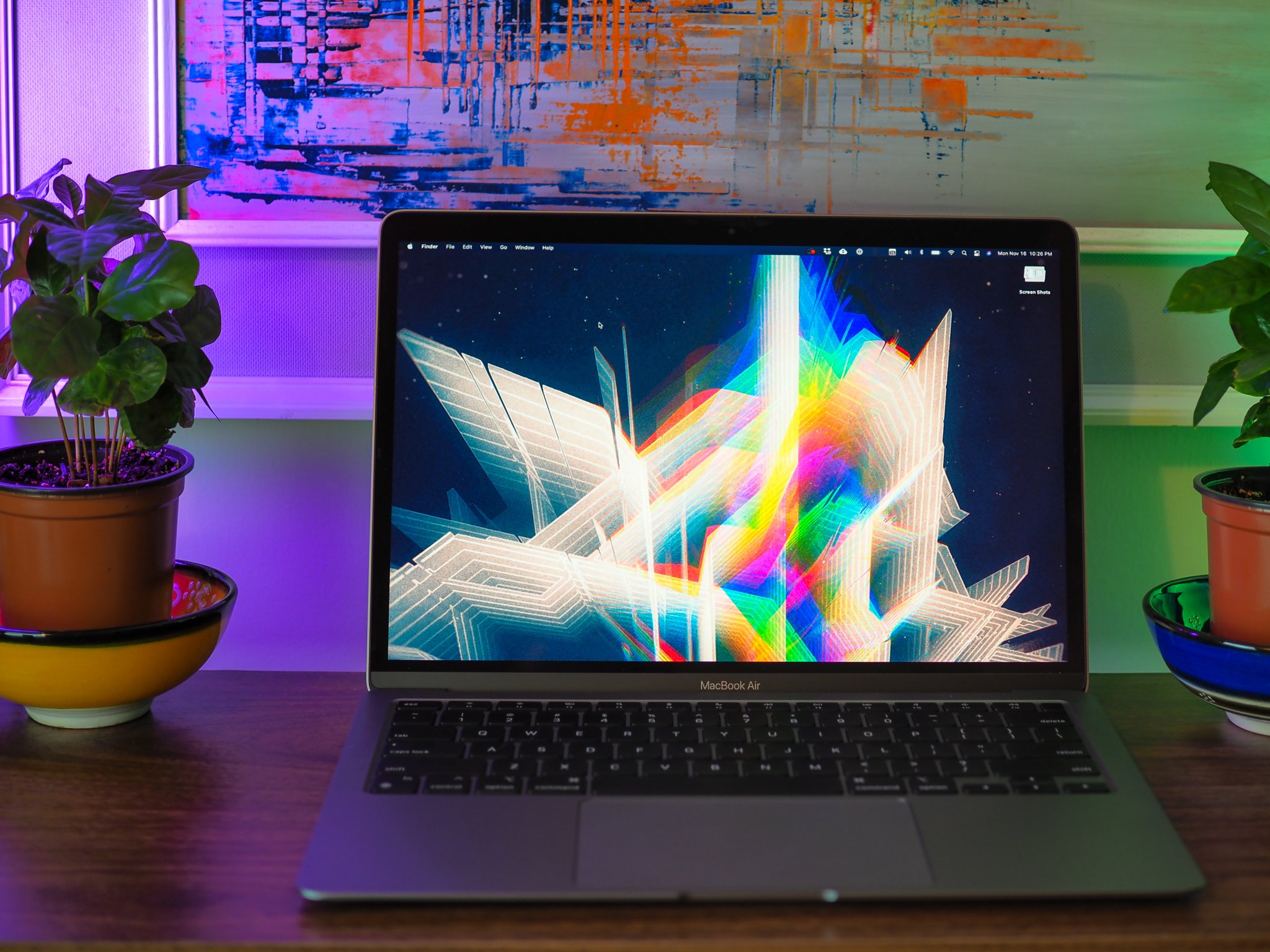The era of the ARM Mac may finally be upon us, and I can't wait

I don't know how long I've been hearing that ARM Macs were "coming in the next year or two," but I'm pretty sure I was still in my 20s. Now we have another report that Apple will start selling Macs with Apple-designed processors by 2021. The Mac chip is reportedly based on Apple's upcoming A14 system-on-a-chip, expected later this year with Apple's new flagship iPhones.
To put it plainly, I've waited for this moment for years. I think a lot of people have. Well, maybe not Apple-designed chips specifically, but it's been clear for a while now that Intel can't keep up with not only Apple's schedule but its own. Apple's chip design has run rings around Intel (and everyone else) for years now, but only Apple's mobile devices and the Apple TV get to take advantage of them.
The Macs are relegated to using Intel chips, but it seems like those days are finally numbered. And I have to tell you, I'm really excited.
Diving into the future
The Mac lineup has been leashed to Intel's release roadmap since the mid-2000s when the company shipped the first MacBook Pro with an Intel Core 2 Duo processor. And that was fine for a while. Intel would come out with increasingly-powerful chips that still sipped power relative to the PowerPC chips that Apple used before, and everything seemed alright.
But then Intel slowed down. Chips and process shrinkages got delayed. And thus, Apple would wait to release new Macs. After all, what was the point if the processors available to the Mac lineup weren't any better?
But in transitioning the Mac line to ARM, those concerns fade away. Apple's in-house chip design team has been working what might be some actual magic for the past several years. They've bypassed everyone in the processor game when it comes to mobile, including Intel and AMD. And while the team is bound to slow down at some point — the laws of physics come for us all, eventually — even when they do, Apple will always know when a chip update is coming.
Because when it comes to scheduling, it's less about improvements and more about consistency. Improvements to performance and power consumption are always necessary, but if Apple has control over when its processors are going to come out, it has a better handle on scheduling more consistent updates to the Mac lineup.
Master your iPhone in minutes
iMore offers spot-on advice and guidance from our team of experts, with decades of Apple device experience to lean on. Learn more with iMore!
In adopting its custom-designed chips, Apple might also be able to bring some long-awaited features to the Mac. Apple's custom chips are known for their excellent power consumption, and the company will doubtless bring that power management to the Mac. The MacBook Air is currently rated for up to 12 hours of battery life (and has been for a while). I can imagine a scenario where Apple-designed processors allow that number to climb much higher. Or maybe that power efficiency gives Apple the headroom it feels that it needs to bring another long-requested feature to the Mac: cellular connectivity.
Given the performance of Apple's chips, especially more recent ones like the A12X and A13, I'm also looking forward to the possibility of a lot more performance in lighter, smaller packages. I'm not saying I'm looking for MacBook Pro performance in a MacBook Air chassis. Still, I wouldn't be surprised if an Apple processor in a Mac got us closer than ever before, at least relative to Intel.
Chip-pocolypse Now
If Apple is really planning on making this transition soon, I'd hope to hear about it officially at some point this year. In any kind of processor change, developers are going to need some lead time to look over exactly what this transition means for them, and what they need to do. They'll need to compile and optimize their applications for the new architecture to be ready to go by the time the first ARM Mac launches.
Maybe it won't be as much work as I'm thinking, but we won't know until Apple reveals this switch. No matter how much time we have, users should be prepared, because it's likely that there will still be apps that aren't ready for the transition as ARM Macs arrive on doorsteps. I'm a little hopeful that we'll hear about an ARM transition coming out of this year's virtual WWDC, so hopefully, we don't have too much longer to wait.
Final thoughts
I'm excited about the possibility of an ARM Mac. I haven't cared that much about Apple's portable Macs since I started going all-in on the iPad Pro (I still use a desktop Mac for a lot of work like editing and podcasting). But if I could get a MacBook with 15-20 hours of battery life, or with cellular connectivity, or even vastly improved performance with the same battery life, I'd certainly be intrigued.
If Apple's indeed preparing for this switch, there are a lot of questions that it'll have to answer. But I, for one, am ready for the next era of the Mac to begin.

○ MacBook Air with M1 review
○ iMac (2020) review
○ iMac Pro review
○ 16-inch MacBook Pro review
○ Apple Macbook forums
○ Apple desktop forums
○ Buy at Apple
Joseph Keller is the former Editor in Chief of iMore. An Apple user for almost 20 years, he spends his time learning the ins and outs of iOS and macOS, always finding ways of getting the most out of his iPhone, iPad, Apple Watch, and Mac.

